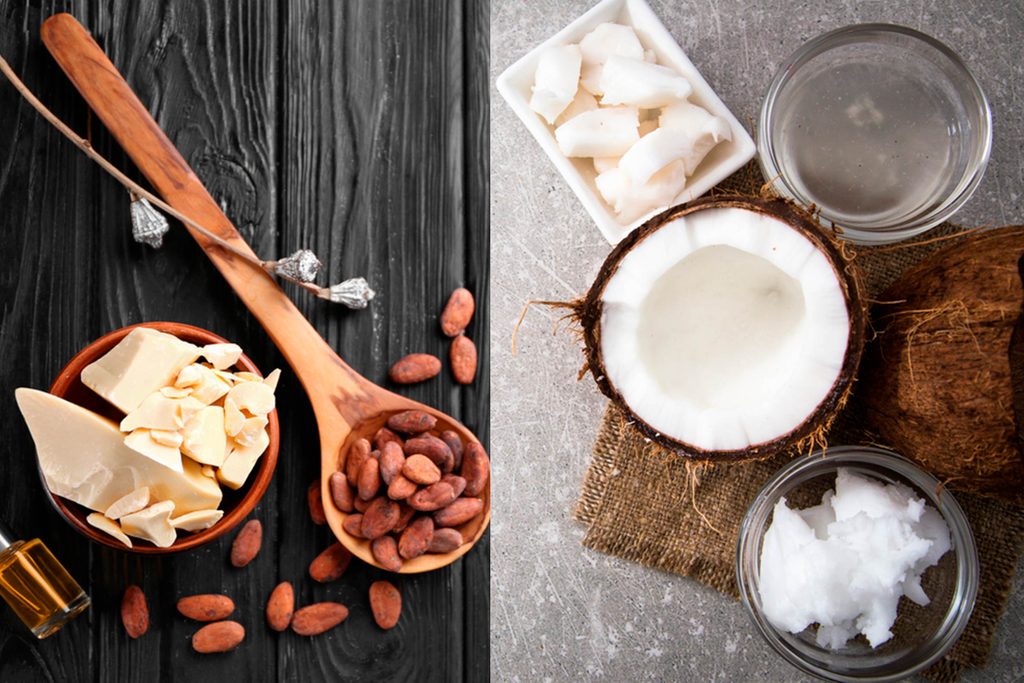The Science Is In: One Simple Diet Change Can Help Calm Crohn’s Disease
Updated: Oct. 01, 2020
The symptoms of Crohn's Disease—including diarrhea and other intestinal distress and even mouth and skin sores—can take a terrible emotional toll. But this easy tweak to your meals may help, according to a new study.
Crohn’s disease is a constant source of misery for sufferers. This chronic condition, which triggers inflammation in the digestive tract, is commonly found in the small intestine and the symptoms can include persistent diarrhea, stomach cramps, joint pain, weight loss, and anemia. A new study suggests there may be a way to alter your diet to tame this difficult-to-treat disease.

One common cause of the condition, which affects as many as 780,000 Americans according to the Crohn’s and Colitis Foundation, is an overactive immune system that perceives harmless gut bacteria as foreign invaders and responds by producing inflammation. Standard treatments include anti-inflammatories and immune suppressors. However, the new study out of Case Western Reserve University School of Medicine (CWRU-M) suggests that a diet rich in healthy fats and oils such as coconut oil or cocoa butter may lead to specific changes in gut bacteria that could fight harmful inflammation.
Although the research was conducted on mice with a Crohn’s-like disease, the results are the first to show “how high-fat diets can alter gut bacteria to combat inflammation,” according to lead author Alexander Rodriguez-Palacios, DVM, DVSc, PhD and Assistant Professor of Medicine at CWRU-M at the annual Digestive Disease Week Conference in Chicago, Illinois. In the study, the mice who were fed even low concentrations of coconut oil or cocoa butter were found to have up to 30 percent fewer types of gut bacteria and less severe intestinal inflammation and less than those fed a typical diet.

These findings suggest that there may be a beneficial Crohn’s disease diet that involves ingesting “good” fats in normal amounts. Patients can substitute these good fats for other sources in their diets, Dr. Rodriguez-Palacios notes. The results could also help doctors to identify bacteria that should be used in probiotic supplements aimed at treating patients suffering from all inflammatory bowel syndromes.
Humans and mice share many common genetic features, and by examining the physiology, anatomy and metabolism of a mouse, scientists can gain a valuable insight into how humans function. Nevertheless, humans may respond to dietary changes differently—and in their own individual ways. For example, not all so-called good fats will be work for all patients, Dr. Rodriguez-Palacios points out. That said, he is hopeful that the diet could be beneficial to at least some patients, and it wouldn’t have the side effects and risks that come with medical treatments. “The trick now,” he says, will be “to really discover what makes a fat ‘good’ or ‘bad'” for Crohn’s patients.
Did you know that patients are developing Crohn’s getting younger and younger? More and more millennials are being diagnosed with autoimmune disorders.
